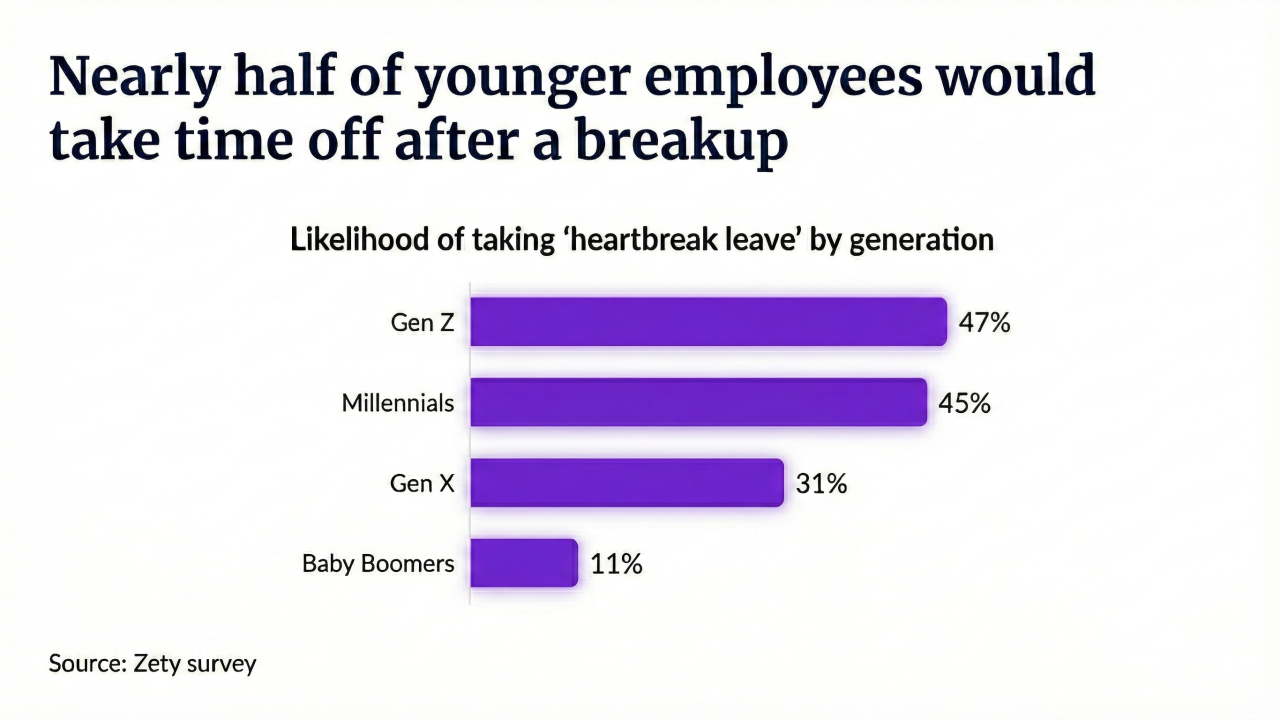Age: 33
What is your boldest prediction for the benefits advisory industry? It's clear that there is a greater search for several streamlined options with healthcare -- single payer system, multiple employer plans, associations or the like -- you name it. I believe the idea behind it is to band together and lower the overall general healthcare spending. I see the industry becoming significantly more streamlined to give individuals and employees easier access to affordable health coverage. So, then what happens to advisers? I just know that we have a duty to our clients, to help them be the best employer they can and be an employer of choice. Even if sourcing health plans is no longer the core focus of what we do, we still have the ability to educate consumers and assist employers on their benefits package.
It’s also inevitable there are changes in the demographics and generations in the workforce. Millennials and Generation Z are looking for perks, looking for a positive experience and looking to buy in to an employer that has a purpose and an engaging employee experience – consequently allowing for a more positive quality of life. We have to adapt and change to what these generations are looking for and right now, perks are relevant, on demand healthcare is relevant and achieving it digitally is imperative.
We are working with generations where technology is all they know, social media is all they know. Artificial intelligence is coming; it’s already here. I believe we as advisers need to find ways to leverage these technologies to streamline efficiencies for HR and for employees. How can we use it to not only help, but also to educate?
However, the role is surely transitioning. What we do now, and what we will do in the future is looking exceptionally different than what it has been in the past. I feel as though the days are gone where employee benefits are your run-of-the-mill medical, dental and vision plans. Employers are seeking a partner to help them enhance the employee and employer experience, relationship and overall culture. It is much less transactional and much more partnership focused these days, at least that is what the employer clients need and deserve.
Being a benefit adviser is no longer a "here's your renewal" or transactional type of relationship but a partnership weekly, monthly, quarterly and a strong partnership, one that continues year after year.
I believe consultants are here to stay. I’ve been impressed with what a lot of advisers are accomplishing with their offerings and initiatives -- may it be captives, voluntary benefit and education strategies, you name it. All of this is for the greater good and amalgamating all these ideas will consistently help everyone.
What is the key skill to possess to thrive as a benefits adviser?It’s difficult to break down to one key skill. There are three skills and traits that I find to be effective to help a benefits adviser thrive in their career.
First, the hunger for learning and being innovative. The benefit industry has transitioned to offering non-insurance related services and benefits. We need to stay at the forefront of this while also being a proactive partner with employers.
I’ve always been a believer that insurance can be taught; however, I’ve learned that empathy is underrated. Having empathy is a key driver for several successful people. We need to put ourselves in our clients' shoes and invest in their success. When they succeed, we succeed.
Last, the simple act of listening. What do your employees want? What do your clients want? Do we really know? I strongly believe that showing your clients you are listening to them and then you deliver, you will build a long-lasting relationship.
As a benefits adviser, I believe these traits are significant and if someone can stay true to those traits, everything else will fall into place.
What should leaders in the benefits advisory business do to attract the best talent?Practice what you preach. As an organization, your number one asset is your employees. If we are coming up with creative strategies, robust technologies and initiatives to recommend to clients, why not bring those ideas in-house? It will be much easier to have your team buy into your story when they believe in what you are doing or perhaps even have experienced it. If you take care of your employees, they will turn around and take care of your clients.
Additionally, find talent with an interest in challenging the status quo of traditional benefit offerings and in finding a purpose in what they are doing each day.
Last, get feedback from your team. Let them share their ideas and allow them to be heard. Challenge your staff to answer questions about what they would do if they were an employer. I understand that not everyone wants to be a CEO of a company, but that doesn’t mean they can’t have great ideas.

























